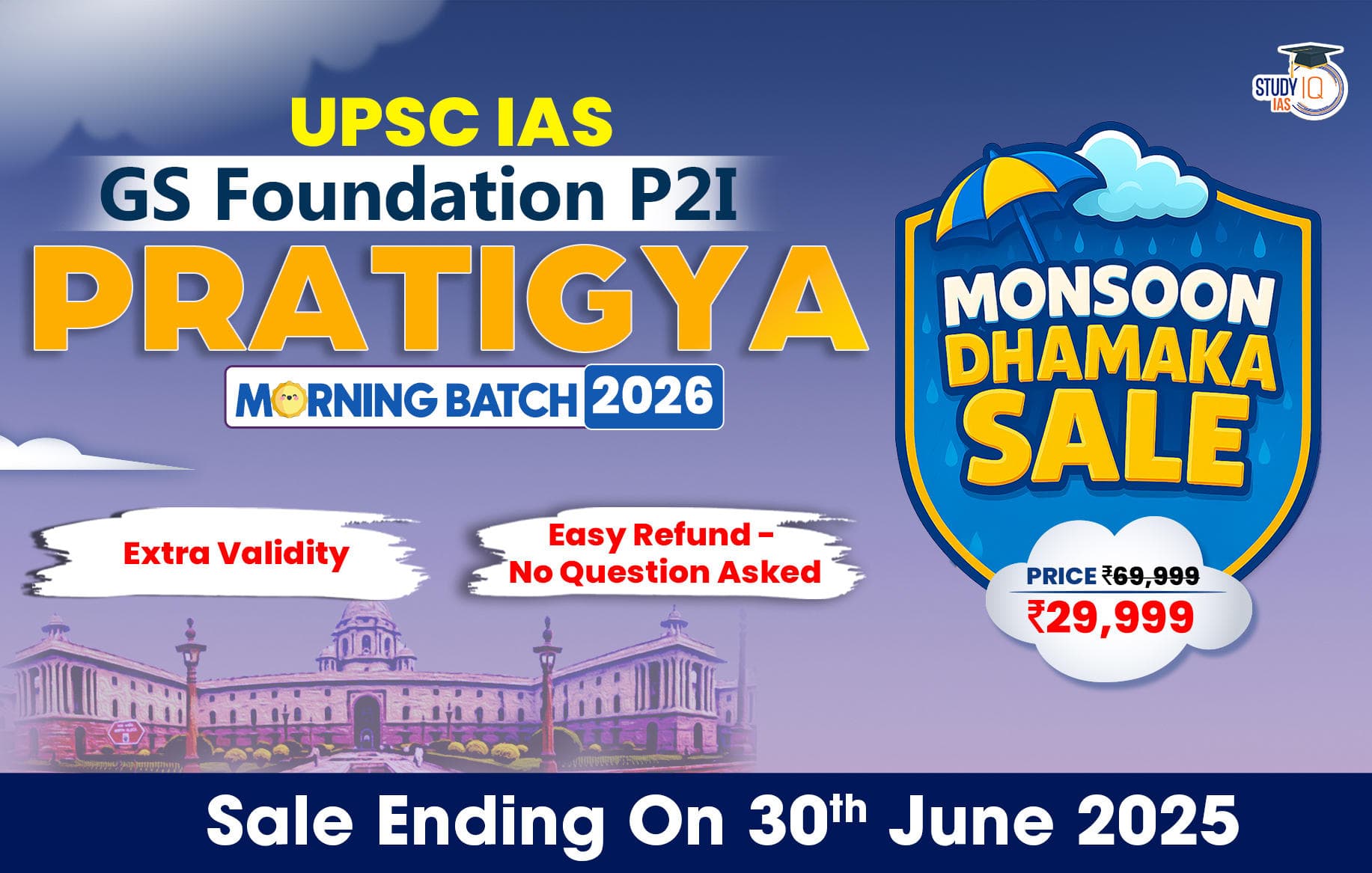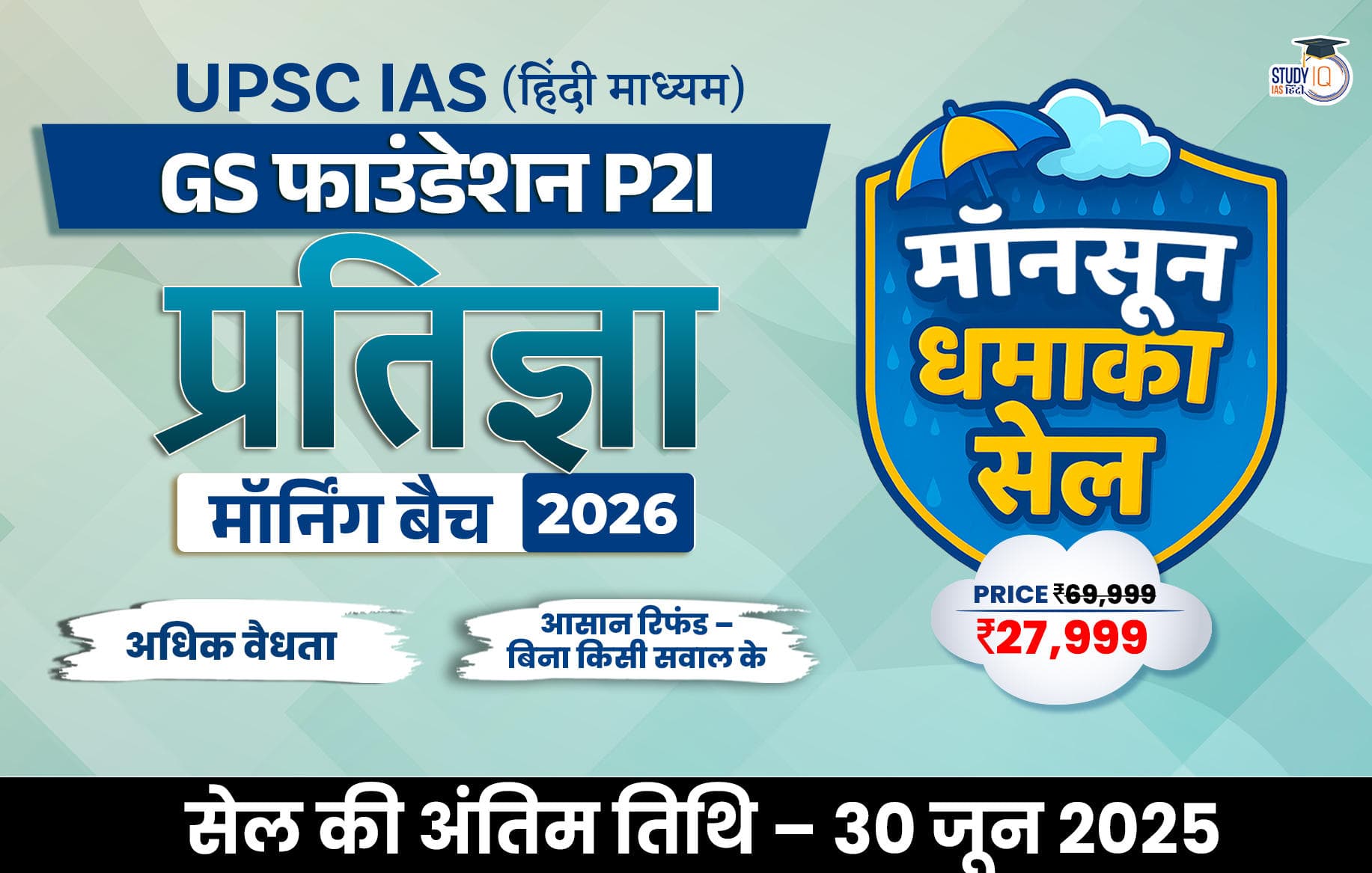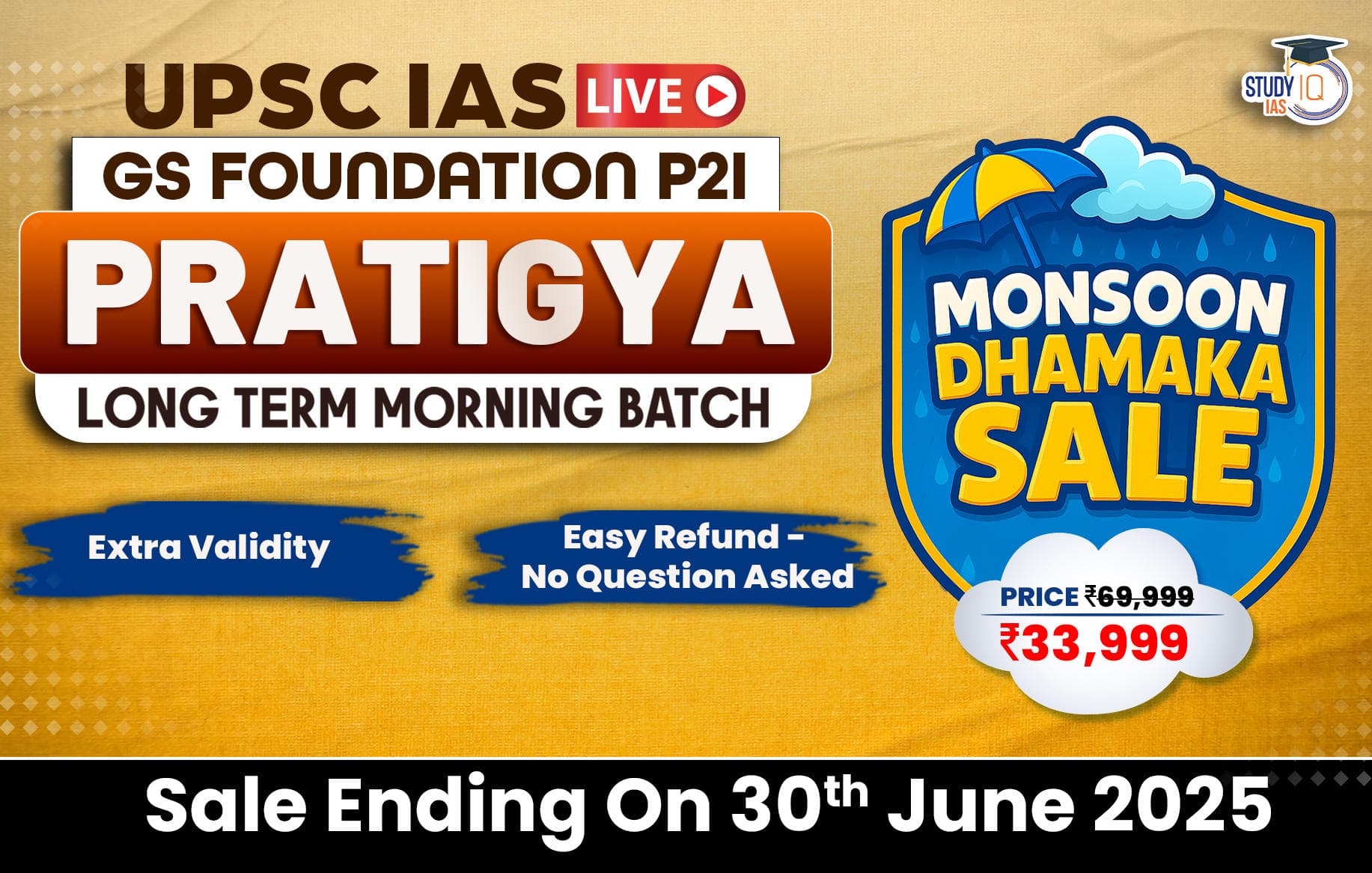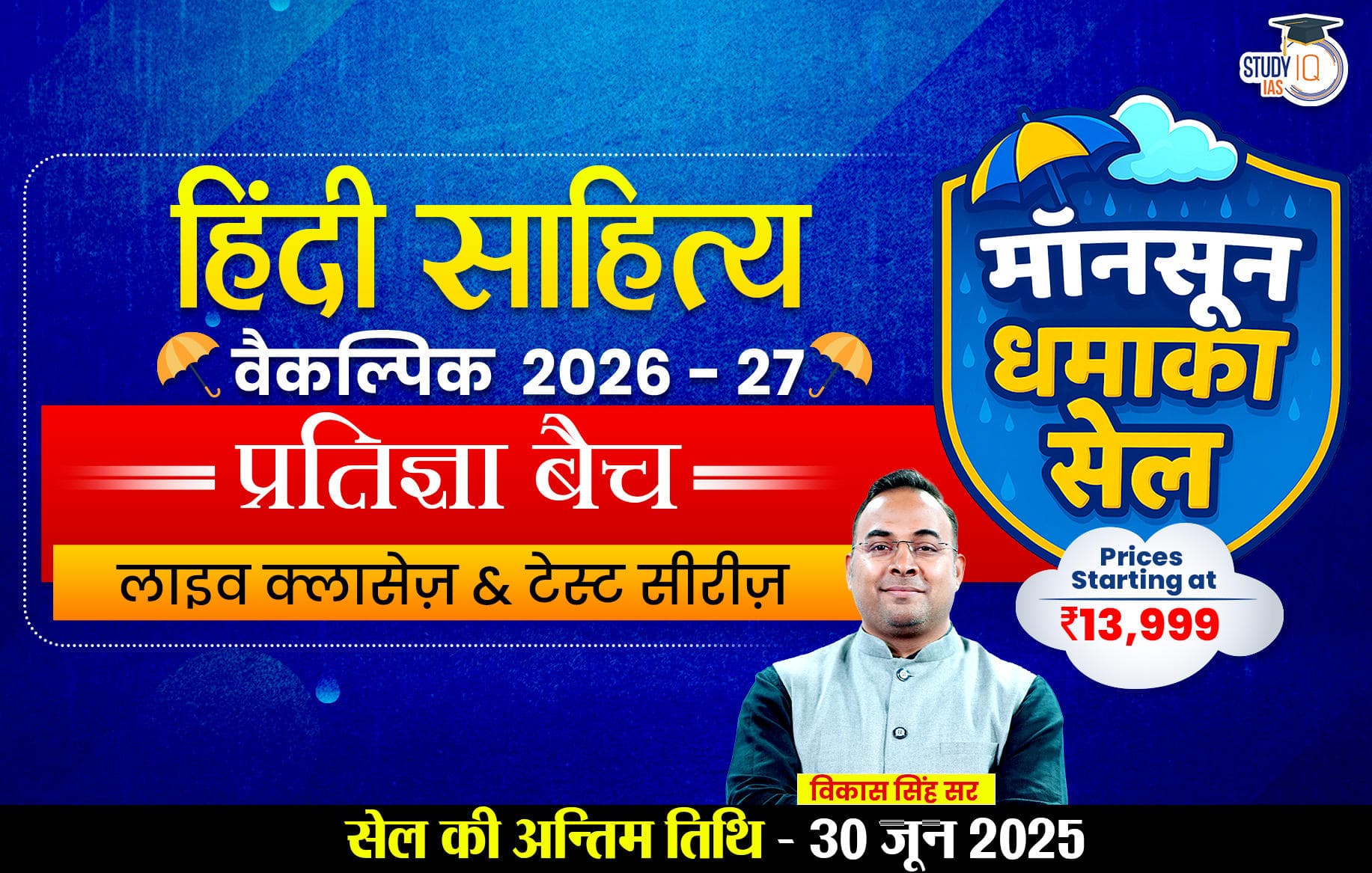Table of Contents
The Pradhan Mantri Kisan Samman Nidhi (PM KISAN) scheme is a flagship initiative by the Government of India that provides financial assistance to landholding farmers. This article covers all essential details about the PM Kisan Scheme, including the release date, eligibility, beneficiary status, and how to check your payment status.
Pradhan Mantri Kisan Samman Nidhi (PM KISAN) 20th Installment
The 20th Installment of the Pradhan Mantri Kisan Samman Nidhi (PM KISAN) scheme is expected to be released during the first or second week of June 2025. Although the date has not yet been officially announced, the government is set to release around ₹22,000 crore to more than 9 crore farmer beneficiaries in India.
Timeline of PM Kisan Installment
| Installment Number | Disbursement Period | Disbursement Date |
|---|---|---|
| 1st | April–July 2019 | February 24, 2019 |
| 2nd | August–November 2019 | August 2019 |
| 3rd | December 2019–March 2020 | December 2019 |
| 4th | April–July 2020 | April 2020 |
| 5th | August–November 2020 | August 2020 |
| 6th | December 2020–March 2021 | December 2020 |
| 7th | April–July 2021 | April 2021 |
| 8th | August–November 2021 | August 2021 |
| 9th | December 2021–March 2022 | December 2021 |
| 10th | April–July 2022 | April 2022 |
| 11th | August–November 2022 | August 2022 |
| 12th | December 2022–March 2023 | December 2022 |
| 13th | April–July 2023 | April 2023 |
| 14th | August–November 2023 | August 2023 |
| 15th | December 2023–March 2024 | December 2023 |
| 16th | April–July 2024 | April 2024 |
| 17th | August–November 2024 | August 2024 |
| 18th | December 2024–March 2025 | October 2024 |
| 19th | April–July 2025 | February 24, 2025 |
| 20th | August–November 2025 | Expected in June 2025 |
As per the official announcement, Prime Minister Narendra Modi released the 19th installment of PM-Kisan on February 24, 2025, during his visit to Bhagalpur, Bihar. The funds will be directly credited to the bank accounts of registered farmers.
Pradhan Mantri Kisan Samman Nidhi (PM-KISAN)
- Pradhan Mantri Kisan Samman Nidhi (PM-KISAN) was launched in 2019 by the Union Ministry of Agriculture & Farmers Welfare.
- Aim: Provide direct income support to farmers for agricultural investment and livelihood security.
- It is a Central Sector scheme (100% funding from the Government of India).
- Financial Assistance: Eligible farmers receive ₹6,000 per year, divided into three installments of ₹2,000
- Direct Transfer: Money is transferred directly into farmers’ bank accounts via DBT.
- Beneficiaries: All landholding farmer families, excluding institutional landholders, higher-income taxpayers etc.
- Total Disbursement: So far, the government has transferred ₹3.5 lakh crore to over 11 crore
| Pradhan Mantri Kisan Samman Nidhi (PM-KISAN) | |
| About The Scheme | PM-KISAN is a central sector scheme launched in 2019 to supplement the financial needs of land-holding farmers through direct benefit transfer (DBT). |
| Financing | The scheme receives 100% of its financing from the central government. |
| Benefit | Under the Scheme, an amount of Rs. 6000/- is transferred annually in three equal installments of Rs.2000/- directly into the Aadhaar bank accounts of the farmers. |
| Identification | The State Governments and Union Territory administrations are responsible for identifying eligible farmer families based on the scheme guidelines. |
Key Highlights of the PM-KISAN Scheme
- Annual Income Support: The scheme provides ₹6,000 annually to eligible farmers, disbursed in three installments of ₹2,000 each.
- Direct Transfer: Funds are directly transferred to farmers’ bank accounts, ensuring transparency and reducing delays in disbursement.
- Target Beneficiaries: The scheme primarily targets small and marginal farmers owning up to 2 hectares of land.
The upcoming installment is expected to benefit over 9.5 crore farmers, with the government allocating ₹20,000 crore for this purpose. The last installment was disbursed on June 18, 2024, reaching approximately 9.25 crore farmers, indicating an increase in beneficiaries due to ongoing enrollment efforts.
Objectives of PM KISAN Nidhi
- To provide income support to all eligible land-holding farmers and their families.
- To supplement the financial needs of the farmers in procuring various inputs to ensure proper crop health and appropriate yields, commensurate with the anticipated farm income.
Impact of PM-KISAN Scheme
- Helps reduce the financial burden on farmers.
- Provides stability for crop production.
- Supports rural economy and agricultural investments.
- Strengthens food security and self-sufficiency in agriculture.
Eligibility for Pradhan Mantri Kisan Samman Nidhi
Regardless of the size of the land, all small and marginal farmer households who own cultivable land are eligible for the PM Kisan Samman Nidhi Yojana.
| Definition of Family |
| The definition of family for the scheme is husband, wife, and minor children. |
Exclusion Categories of PM KISAN Nidhi
There are various exclusion categories for the Pradhan Mantri Kisan Samman Nidhi Yojana (PMKSNY), hence, not all farmers are qualified for financial aid under the program. Beneficiaries in the following groups are not eligible for the PMKSNY:
- Institutional landholders
- Farmer families belonging to one or more of the following categories:
- Present and former holders of constitutional posts
- Former and present ministers/state ministers
- Present and former members of Rajya Sabha/State Legislative Assemblies/Lok Sabha/State Legislative Councils
- Former and present Mayors of Municipal Corporations
- Present and former Chairpersons of District Panchayats
- All officers and employees of State and Central Government Ministries, Departments, and Offices, as well as their field units, as well as State and Central PSEs, and Attached Autonomous Institutions/Offices under the Government, as well as regular employees of Local Bodies (except for Multi-Tasking Staff/Group D/Class IV employees)
- Every retired or superannuated pensioner receiving a monthly pension of at least 10,000 Japanese Yen (excluding members of the Multi-Tasking Staff, Group D, and Class IV personnel of the aforementioned categories);
- Every person who paid income taxes in the most recent AY.
- By engaging in practices, professionals like engineers, architects, lawyers, surgeons, and chartered accountants who are members of professional bodies carry out their professions.
Read about: Pradhan Mantri Fasal Bima Yojana
Features of Pradhan Mantri Kisan Samman Nidhi
- Income Support: The Pradhan Mantri Kisan Samman Nidhi Yojana’s main component is the guarantee of a minimum income for farmers. Three equal installments of Rs. 6000 are given to eligible farming families every four months.
- Usage Flexibility: Beneficiaries are free to use the money they receive as part of the program however they see fit. They are free to utilize it any way they see fit and for any number of things.
- Funding: The Indian government provides all of the funding for the PMKSNY program. Initially, this initiative was given a reserve of Rs. 75,000 crore per year, with direct transfers made through DBT to the beneficiaries’ bank accounts.
- Identification Responsibility: The State and Union Territory administrations are in charge of identifying the recipients, and the Government of India is in charge of providing the funding. To be eligible for the programme, farmer families must consist of a husband, wife, and minor child or children, as determined by these governments.
Completing eKYC for Continuous Benefits
To ensure the uninterrupted flow of funds, farmers must complete their eKYC. Here are three methods to accomplish this:
1. OTP-based eKYC
- Requirements: An active Aadhaar-linked mobile number.
- Steps:
- Go to the PM-KISAN portal.
- Click on “e-KYC” in the top right corner.
- Enter your Aadhaar number and follow the instructions to complete eKYC via OTP.
2. Biometric-based eKYC
- Available At: Common Service Centres (CSCs) and State Seva Kendras (SSKs).
- Steps:
- Visit the nearest CSC/SSK with your Aadhaar Card and Aadhaar-linked mobile number.
- The operator will assist you in biometric authentication using Aadhaar.
- A nominal ₹15 fee is applicable for this service.
3. Face Authentication eKYC
- Requirements: A smartphone with the PM-KISAN mobile app and the Aadhaar Face RD app.
- Steps:
- Download both apps from the Google Play Store.
- Log in with your PM-KISAN registered mobile number.
- Navigate to the beneficiary status page and proceed with face scanning.
- The status will be updated within 24 hours post-completion.
Farmers can also check their eKYC status via the KYS module on the PM-KISAN portal and the Kisan-eMitra AI chatbot.
Advantages of Pradhan Mantri Kisan Samman Nidhi
- DBT: The direct transfer of funds is one of the biggest advantages of this scheme which eliminates intermediaries.
- Great coverage: The scheme covers all farmer families in the country irrespective of the size of their land holdings.
- Digitization: All the records related to farmers are registered officially on a digital platform which has made the registration and fund transfer easy.
- Liquidity to farmers: This scheme eases the liquidity constraints of farmers. It enables farmers to take care of expenses related to agriculture and allied activities as well as domestic needs.
Pradhan Mantri Kisan Samman Nidhi Issues
- Tenant farmers and landless agricultural labourers are not included in the PM Kisan Samman Nidhi program.
- The grievance redressal procedure in the scheme needs a clearer framework.
- The program must encompass a large number of eligible farmers in multiple states. For instance, less than 0.5% of beneficiaries fall under the general category in states like Karnataka, Nagaland, and Mizoram.
- Farmers complain that the amount offered under this program needs to be increased in order to cover the cost of farming inputs or the needs of the family for food.

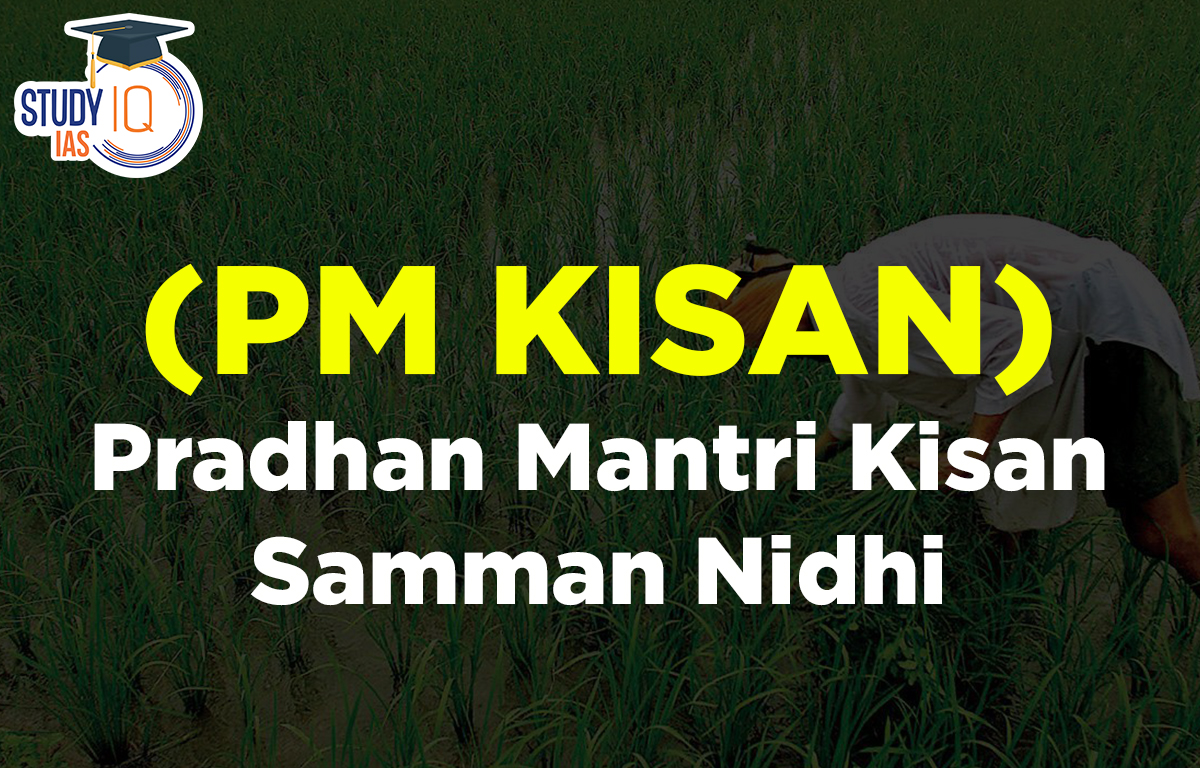
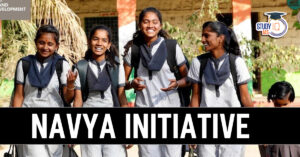 NAVYA Initiative, Key Features, Implemen...
NAVYA Initiative, Key Features, Implemen...
 e-Rakt Kosh Platform: Purpose and Key Fe...
e-Rakt Kosh Platform: Purpose and Key Fe...
 Ministry of Education Released Performan...
Ministry of Education Released Performan...

